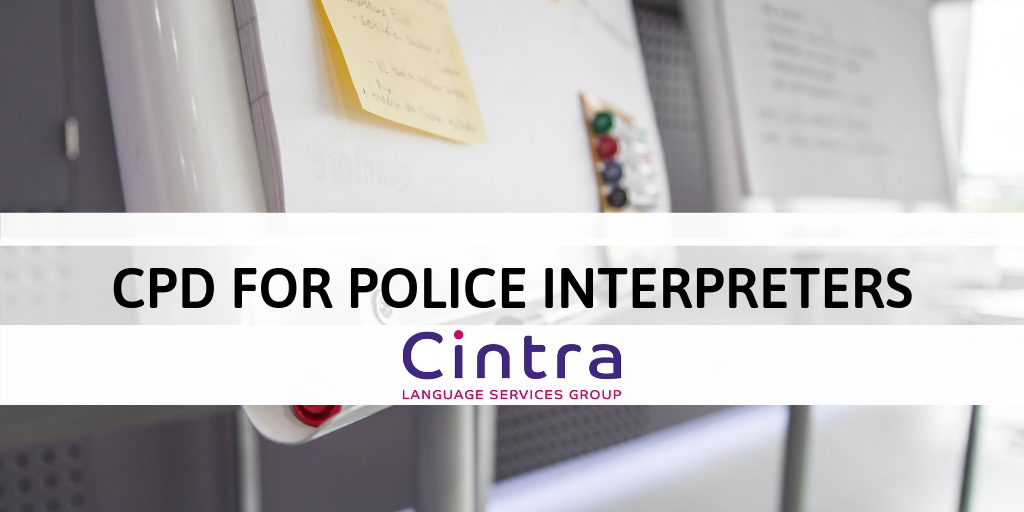17 ways to slip up on health and safety
 Let’s imagine we’ve had a busy morning and are on our way to grab a cup of coffee together. With us is a colleague who speaks three European languages, including English, but is a native Russian speaker.
Let’s imagine we’ve had a busy morning and are on our way to grab a cup of coffee together. With us is a colleague who speaks three European languages, including English, but is a native Russian speaker.
We’re doing what you do in narrow corridor: walking fast, talking, gesticulating and twisting around. Just in time, I spot a pool of liquid up ahead.
In a split second, and ever mindful that 28% of the 77,593 non-fatal workplace injuries reported in 2013/14 were slips and trips, I throw a warning over my shoulder to you and our Russian-speaking colleague.
OK, you’ve been there. You can picture the scene. Now, let’s run the soundtrack. But hold on a minute – which of the 17* ways of saying, ‘Careful, someone’s spilt their coffee, don’t slip!’ will I plump for?
One of the great strengths and delights of English is the sheer number of words in the language: every time I open my mouth or put pen to paper I’ve got a working vocabulary of around 35,000 words to choose from. And I’ll keep adding one new word a day until I’m well into middle age.
Non-native speakers living in the UK work hard to keep up. They add between two and three new English words to their working vocabulary every day. But, by any count, building up a good store of health and safety speak is going to take them some time.
Non-native speakers aren’t only up against it coming to grips with our mix of idiom, dialect and regional accent. We love our catchphrases culled from sport, pop, TV and film. And don’t forget to factor in trending slang, and even perhaps the odd workplace obscenity. It’s no wonder that making assumptions about the language we use to warn of danger is fraught with danger.
English is rich and can be very precise, but for the non-native speaker working in the UK, our colourful, colloquial, idiomatic language is often more like a trippy, slippery minefield of misunderstanding – in other words, it’s an accident just waiting to happen.
*You can probably think of even more.
We’re working with an increasing number of companies to translate their Health and Safety policies and procedures into the languages their workers speak and read fluently. Companies and HR managers employing us to translate everything from policy documents to induction packages and factsheets report strong business reasons for investing in quality translation services. We can also provide interpreters in over 100 languages so that you can communicate with staff and customers who speak languages other than English.
related post: Penalties, prevention and ISO 45001: three reasons to translate health and safety policies for your migrant workforce
Follow Cintra Translation and Interpreting Services on Facebook







Leave a Reply
You must be logged in to post a comment.